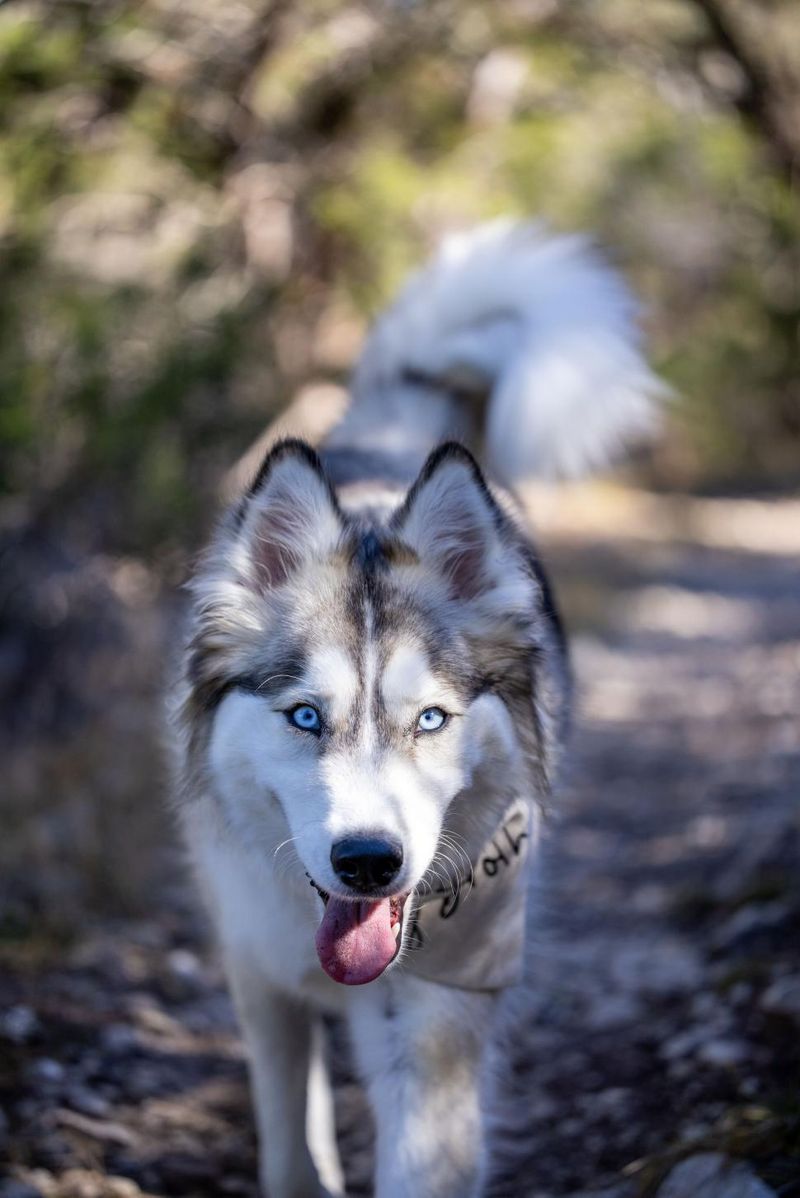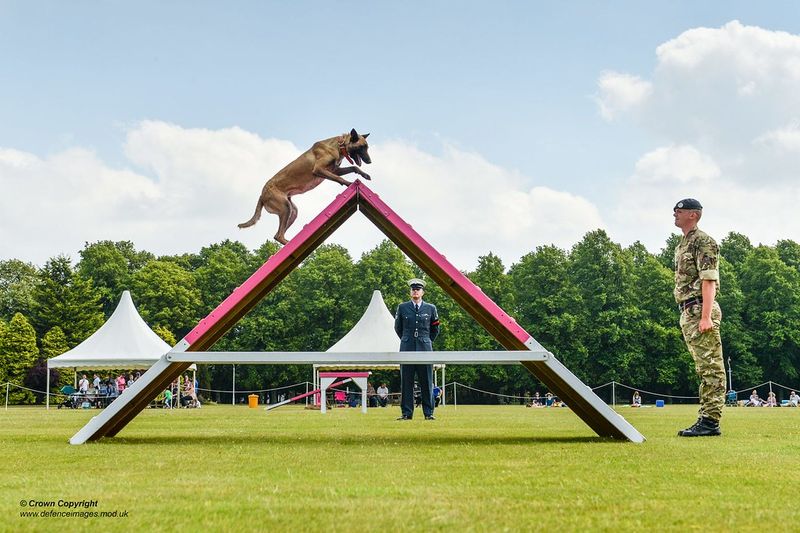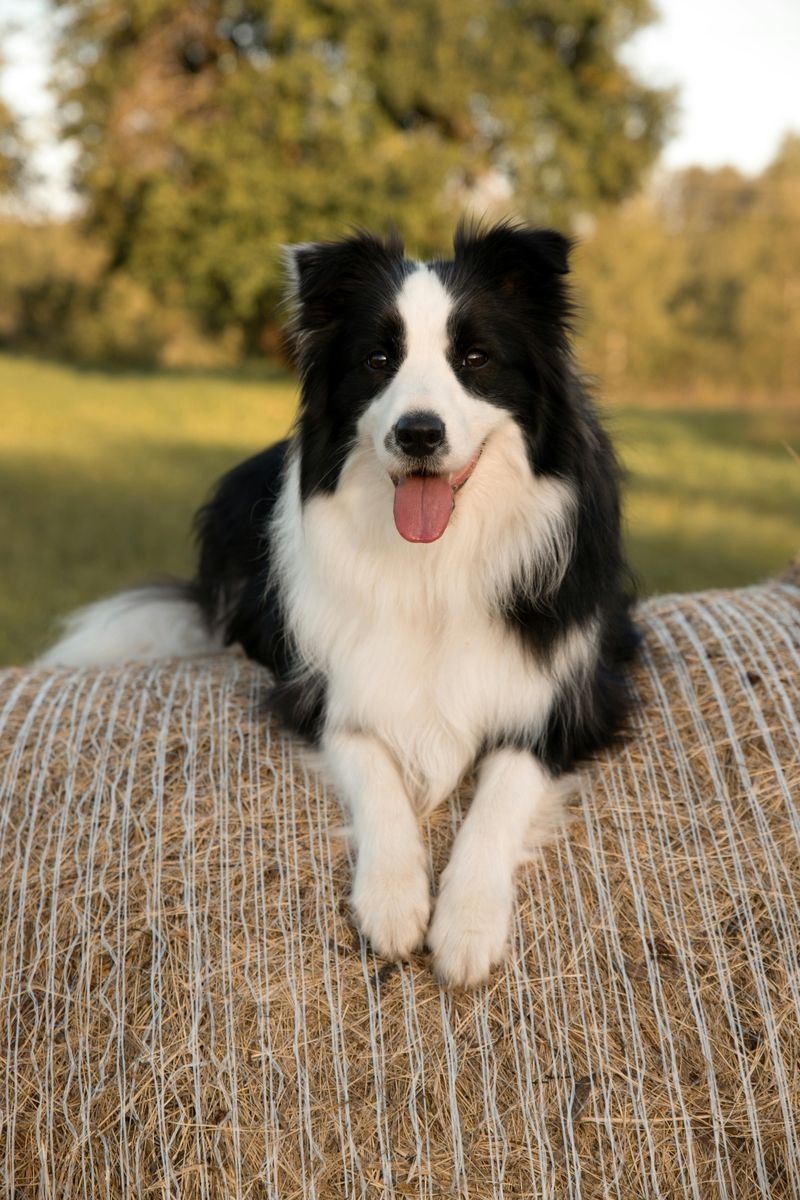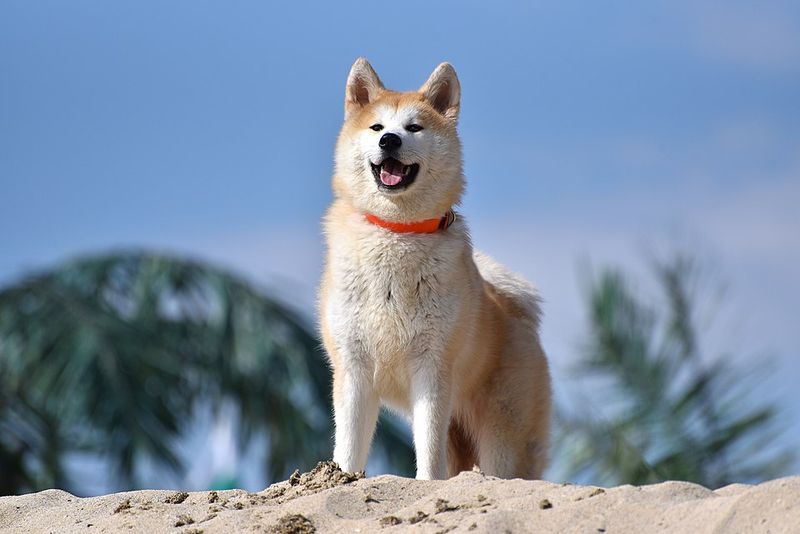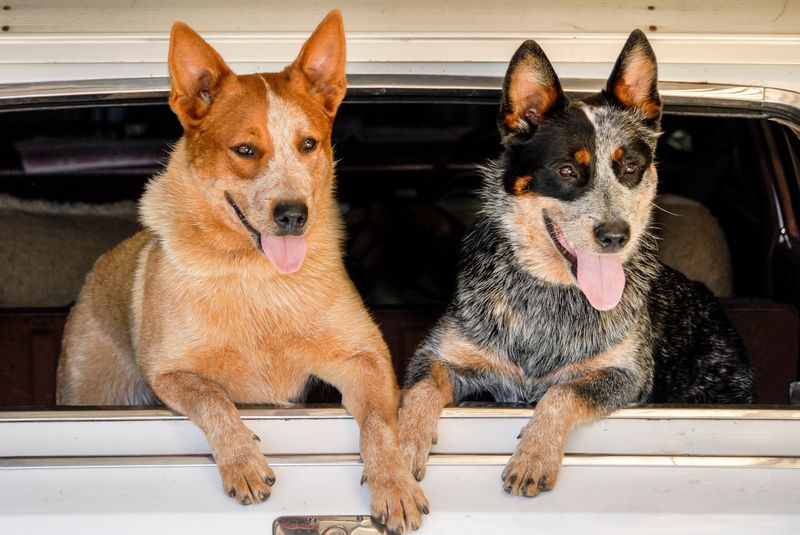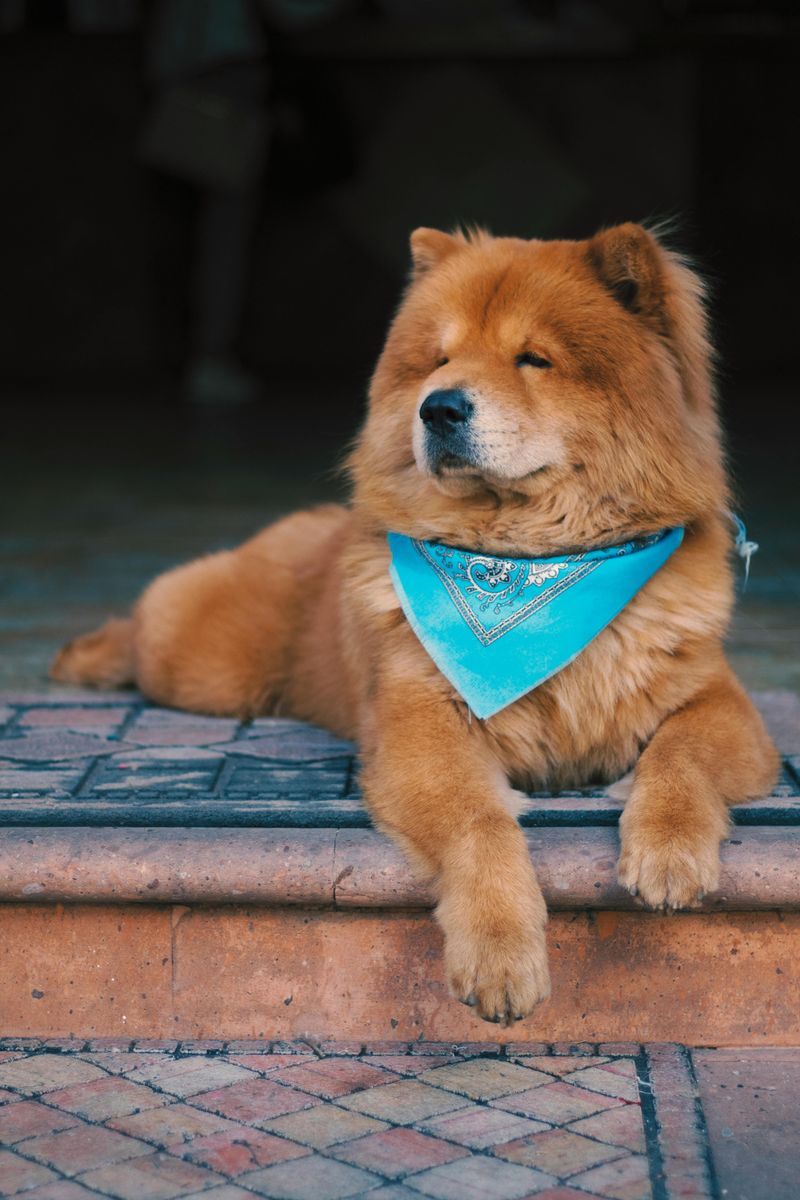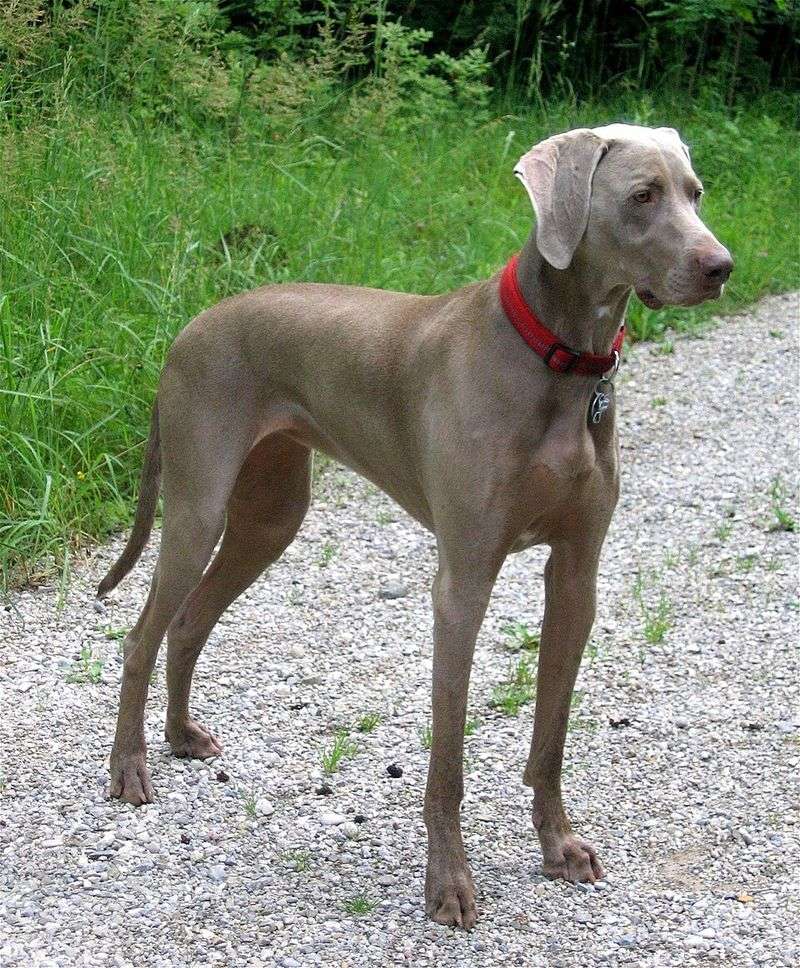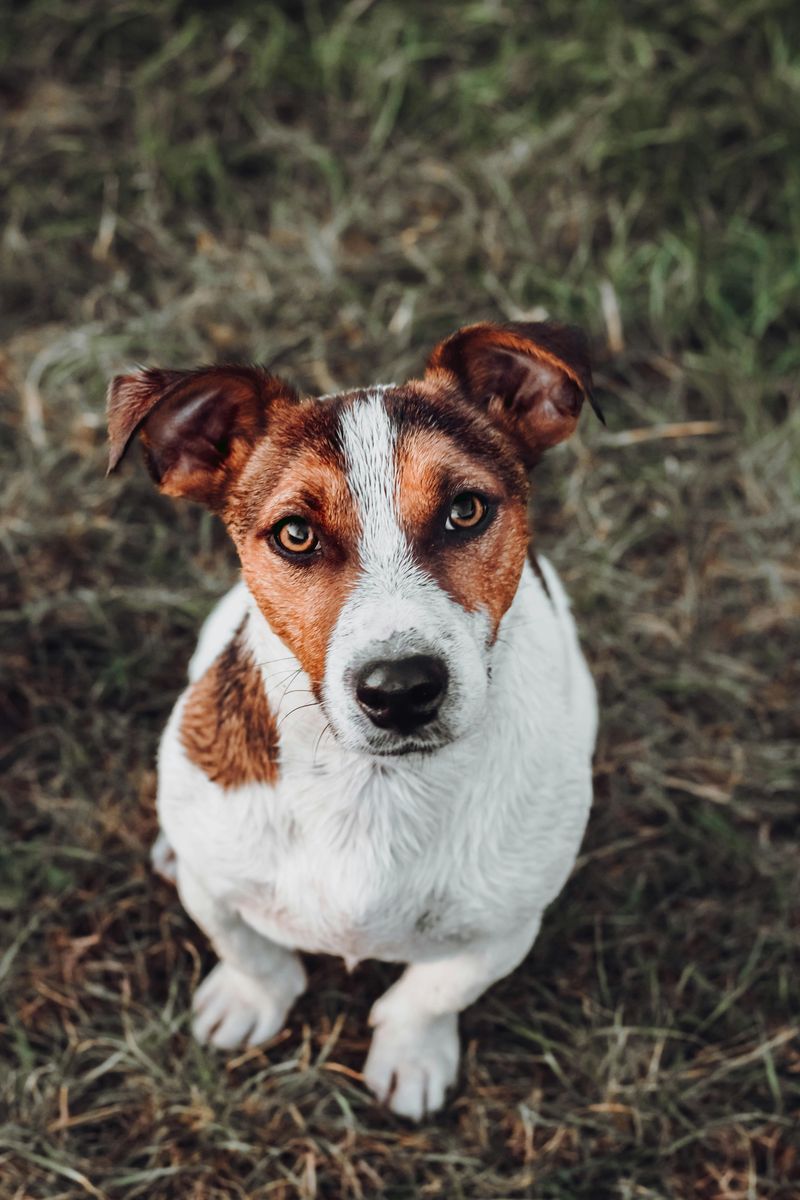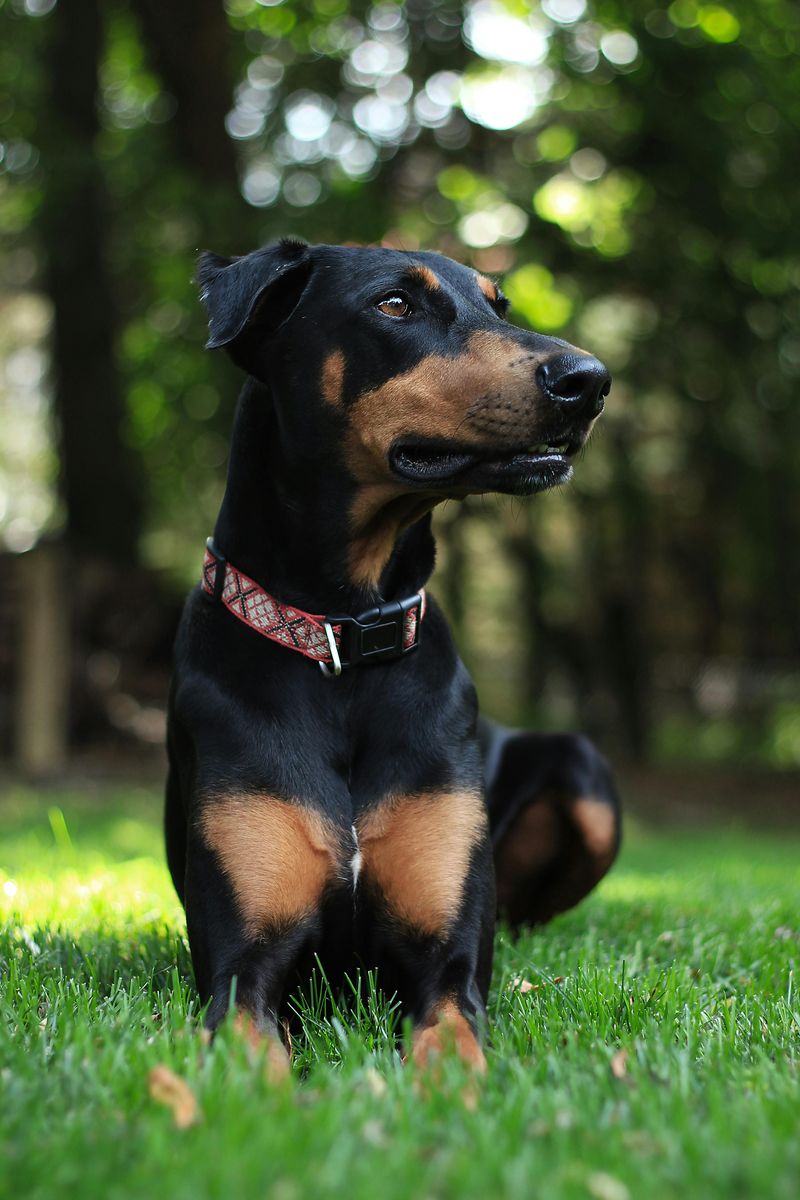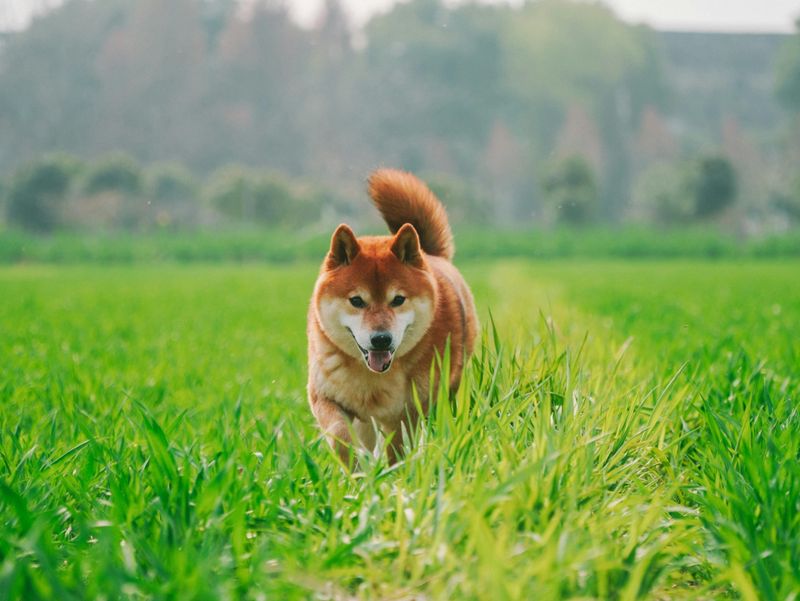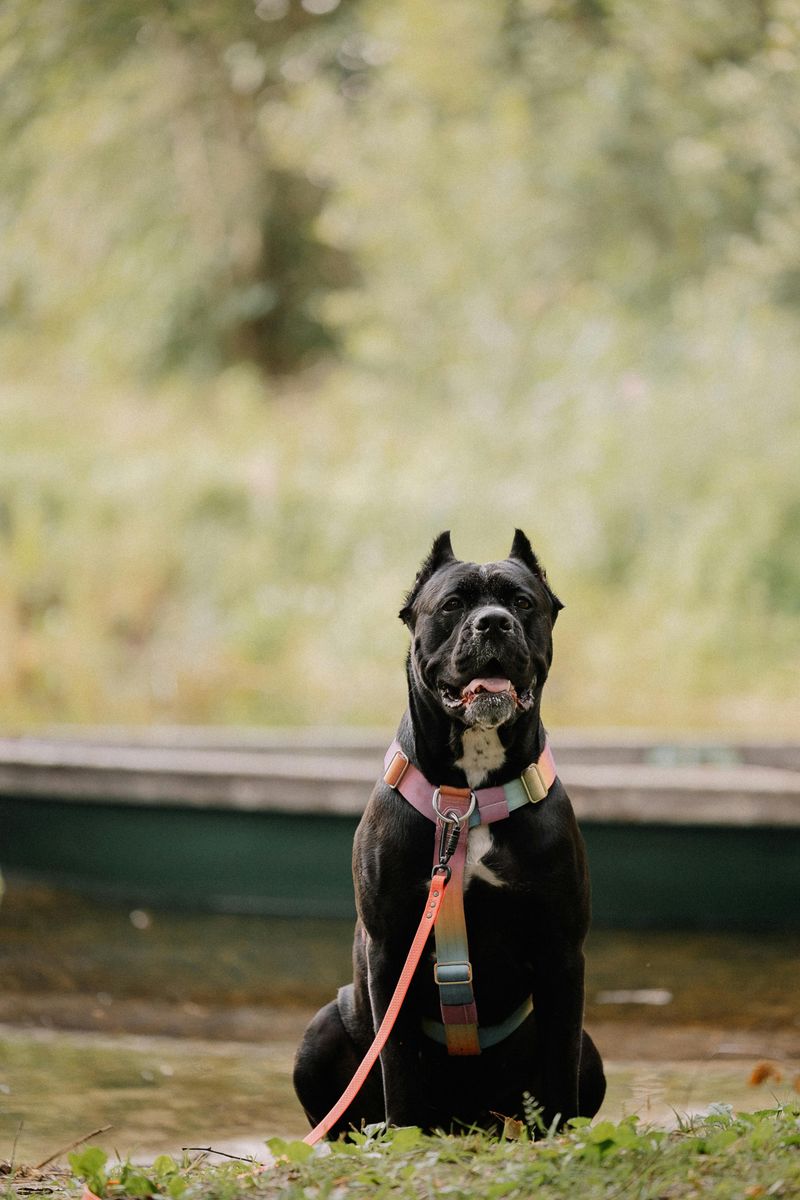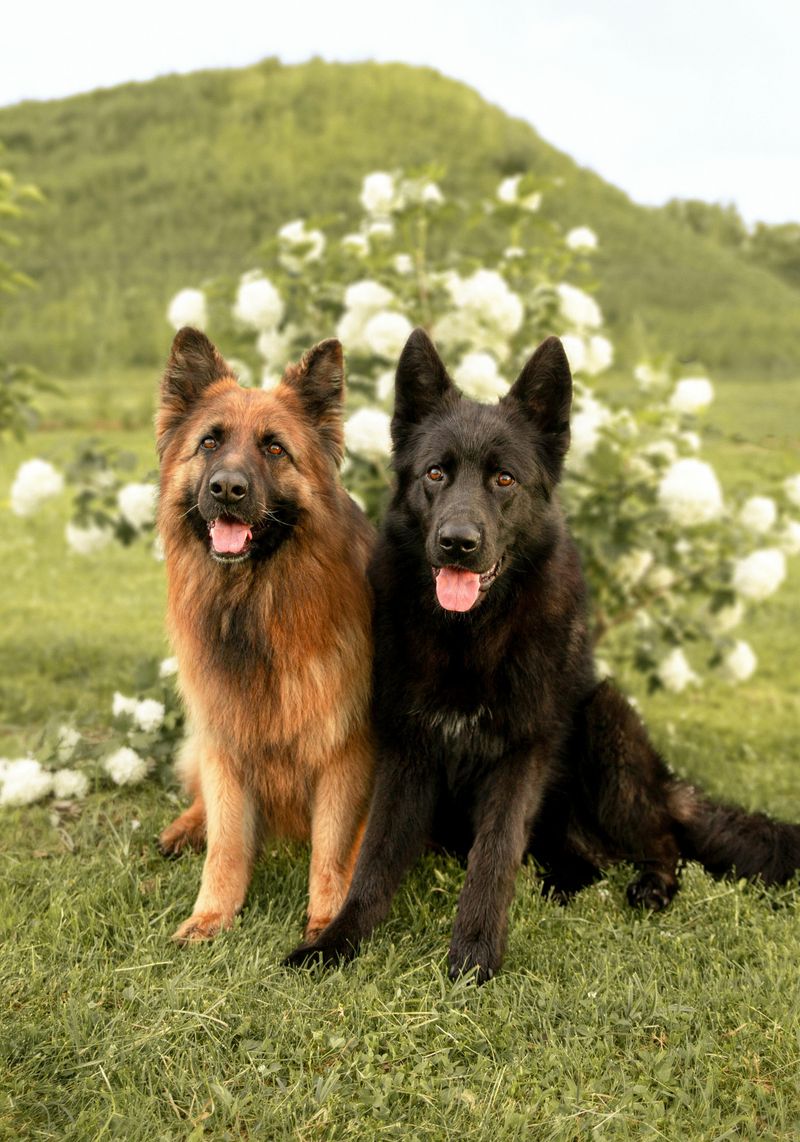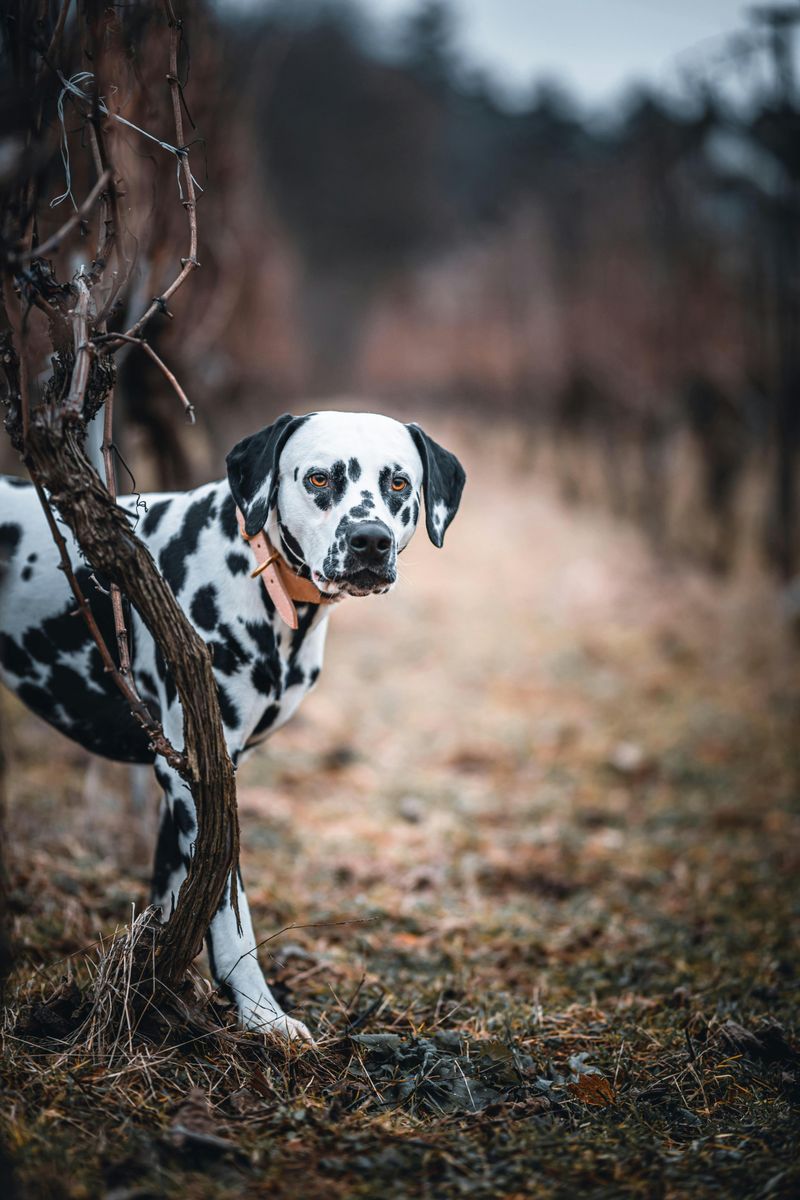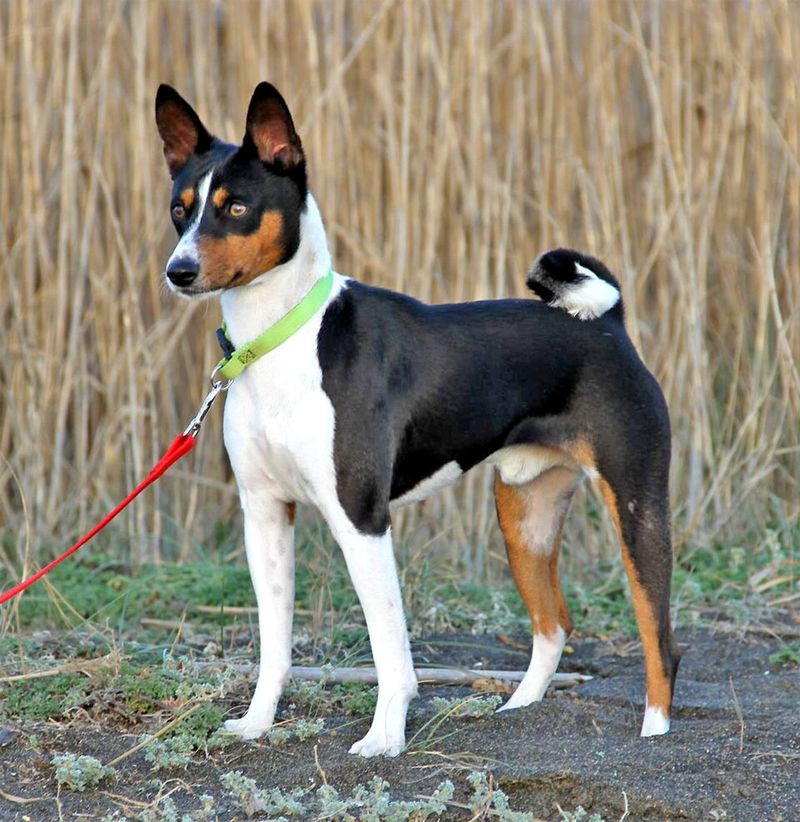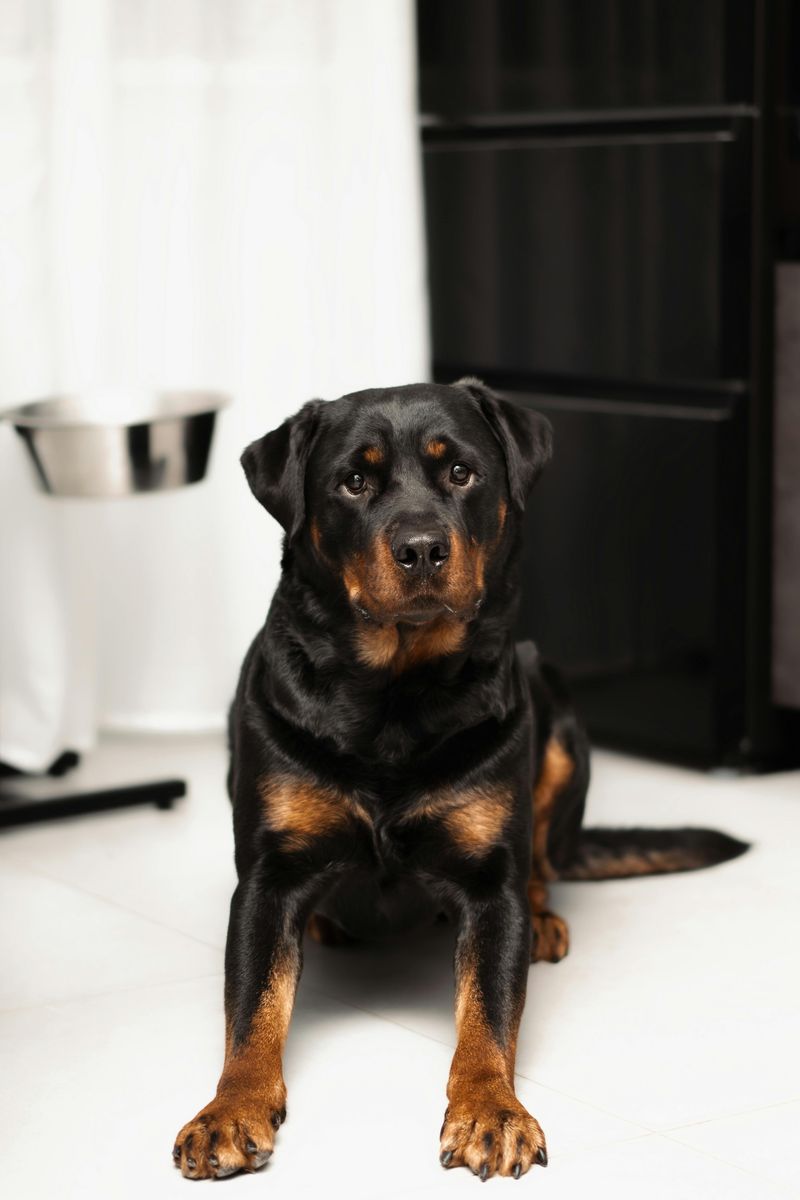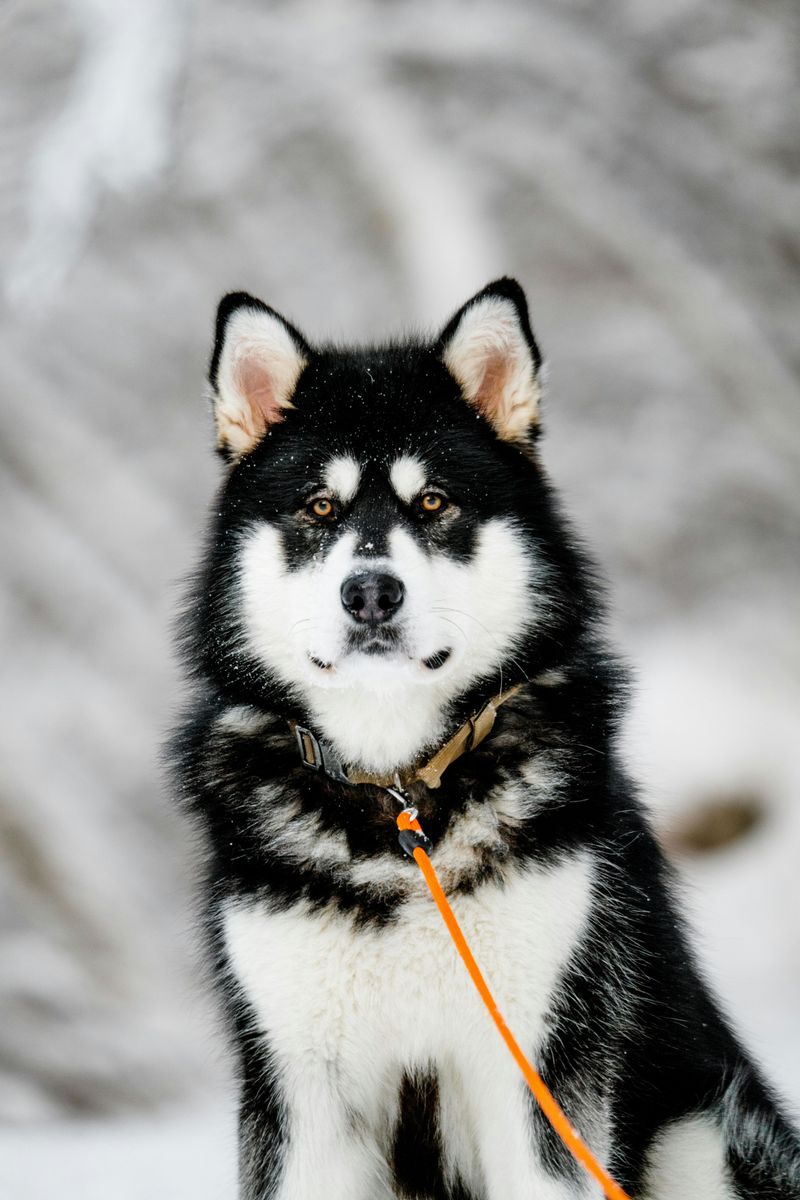Some dogs are adorable companions, but others demand time, patience, and grit. If you’re easily frustrated, these challenging breeds can push your limits with boundless energy, sharp minds, and stubborn streaks. Before you fall for a cute face, learn what daily life really looks like. Ready to find out which breeds will test your resolve—and why they’re worth it only for the truly committed?
Siberian Husky
The Siberian Husky dazzles with beauty and endurance, but patience is essential. Bred to run for miles, they crave vigorous exercise and mental stimulation daily. Without structure and challenge, they invent their own adventures—often by escaping. Their prey drive can complicate multi-pet homes, and howling may test neighbors. Training requires consistency, creativity, and fairness rather than force. Huskies are problem-solvers that interpret rules loosely. Secure fencing, long runs, and puzzle-based enrichment help. They excel with experienced owners who love outdoor activities and can commit time. If under-stimulated, expect mischief, boredom, and blown recall. Beautiful, brilliant, but not for the rushed.
Belgian Malinois
The Belgian Malinois is a high-drive working dog engineered for intensity. Their minds and bodies race, needing jobs, precision training, and near-daily advanced engagement. Casual owners often feel overwhelmed by their energy and vigilance. They can develop destructive habits or neurotic patterns without structured work. Clear boundaries and bite-sport or scent work channels are vital. Socialization must be meticulous to avoid reactivity. These dogs bond strongly and require consistent leadership, not impatience or anger. Malinois thrive with handlers who train purposefully, enjoy activity, and manage arousal. Without outlets, they spiral quickly. Reward-based, technical training turns chaos into brilliance.
Border Collie
Border Collies are intellectual powerhouses crafted for herding precision. Their legendary focus and energy can overwhelm casual homes. They need challenging tasks—herding, agility, scent games, trick training—plus daily runs. Without a job, they may herd children, chase cars, or obsess over motion. Mental enrichment is as crucial as physical exercise. Impatient owners struggle with their constant need for guidance and stimulation. Sensitive and responsive, they flourish under calm, consistent training. Their “off switch” develops only with sufficient work. If you crave a thinking companion and can commit hours weekly, they’ll amaze you. Otherwise, expect restlessness and behavioral blowups.
Akita
The Akita is dignified, powerful, and independent, requiring a confident, composed owner. Their aloofness and strong protective instincts demand early, careful socialization. Impatience backfires as they dislike harsh handling and will shut down or resist. Akitas tend to be same-sex aggressive and selective with dog friends. They need structure, impulse control, and respect for boundaries. Exercise must be balanced with manners and impulse work. Grooming the dense coat is significant, with seasonal blowouts. They thrive in calm homes that value routine. Without consistent leadership and training, they can become stubborn or territorial. Noble companions for experienced, steady handlers.
Australian Cattle Dog
The Australian Cattle Dog packs relentless drive and problem-solving grit. Bred to control stubborn livestock, they use nips and heel bites—a challenge around kids. Their energy and intensity require daily outlets: herding, agility, disc, or structured runs. Under-stimulated, they chew, dig, and invent chaos. Training must be fair, firm, and fun, rewarding precision and impulse control. Socialization curbs suspicious tendencies with strangers and dogs. They bond deeply and can be velcro dogs. Grooming is easy, but exercise demands are not. If you’re impatient, their persistence will frustrate you. In capable hands, they shine as tireless, brilliant partners.
Chow Chow
Chow Chows are aloof, catlike, and strong-willed, challenging rushed owners. Their dense coat needs regular, thorough grooming to prevent matting. Early socialization is critical because they naturally guard and can be wary of strangers. Training must be low-pressure and respectful; they dislike pushy methods. They aren’t eager-to-please and may ignore repetitive cues. Heat sensitivity and orthopedic care factor into daily life. A calm environment and predictable routine suit them best. They’re not ideal for chaotic households or busy beginners. With patient, consistent guidance, they become loyal, dignified companions who appreciate space and clear boundaries more than constant activity.
Weimaraner
The Weimaraner is athletic, sensitive, and attached, thriving on near-constant engagement. They can suffer separation anxiety, making them poor matches for impatient or frequently absent owners. High exercise needs pair with brain games: tracking, field work, or advanced obedience. If bored, they counter-surf, chew, and vocalize. Harsh training shuts them down; they respond best to positive reinforcement with clear structure. They’re highly intelligent and relish learning new tasks. Socialization reduces clinginess and startle responses. Expect a shadow dog that wants to join every activity. Dedicated time and calm leadership transform their intensity into focused, affectionate partnership.
Jack Russell Terrier
Jack Russell Terriers are small packages of explosive drive. Bred for fox work, they dig, chase, and vocalize with gusto. Without structured outlets, they wreak havoc on yards and furniture. They need daily sprints, scent games, and trick training to channel energy. Impatient owners clash with their stubborn independence. Strong prey drive complicates life with cats and small pets. Consistency and enrichment are non-negotiable. They’re whip-smart and mischievous, thriving with handlers who laugh and redirect rather than scold. Apartments can work if exercise is serious. When properly engaged, they’re hilarious, loyal dynamos—otherwise, they’re relentless whirlwinds of mayhem.
Doberman Pinscher
Dobermans are elegant guardians with keen intelligence and sensitivity. They read human emotions and require stable, consistent leadership. Impatience or harshness breeds anxiety and reactivity. They thrive on advanced obedience, scent work, and purposeful exercise, not just walks. Separation issues can arise without mental stimulation. Proper socialization balances protectiveness with friendliness. Health screening and insurance planning matter due to breed-specific risks. They love close contact and excel as partners when their brains are engaged daily. Sloppy training creates confusion and stress. With calm guidance, they become affectionate velvet rockets who guard, learn, and bond intensely.
Shiba Inu
The Shiba Inu is charmingly independent with a wry sense of humor. They often ignore commands if rewards don’t impress them. Recall can be unreliable, making off-leash risky. Grooming is manageable, but seasonal shedding is intense. They’re clean and catlike, yet prone to resource guarding without early training. Socialization prevents aloofness from turning into reactivity. Impatient owners struggle with their stubborn streak and selective listening. Positive reinforcement and varied rewards keep them engaged. Secure fencing and leashes are musts. For calm, consistent handlers, Shibas offer quirky companionship and surprising athleticism wrapped in a compact, dignified package.
Cane Corso
The Cane Corso is imposing, loyal, and deeply protective. Without patient, skilled leadership, they can become pushy or reactive. Early socialization and obedience are non-negotiable, emphasizing impulse control and neutrality. They need structured exercise and clear rules at home. These dogs crave purpose—guarding, obedience sport, or tracking. Impatience or inconsistency confuses them and undermines trust. Health, diet, and joint care are important due to size. Not a casual pet; they require time, space, and confident handling. When guided correctly, they’re calm, stable companions. When neglected or rushed, their power and intensity become a liability.
German Shepherd Dog
German Shepherds are versatile workers with sharp intelligence and sensitivity. They form deep bonds and need purposeful training, not sporadic sessions. Poor socialization leads to nerviness or reactivity. Daily mental work—tracking, protection foundations, scent puzzles—is crucial. Without structure, they develop anxiety, destructive behavior, or excessive guarding. Impatient corrections damage trust in these perceptive dogs. Exercise should include controlled drills, not just fetch. Health screening for hips, elbows, and spine is key. They excel with committed owners who appreciate training craft. Inconsistent guidance and limited enrichment set them up to fail. With patience, they become astonishing partners.
Dalmatian
Dalmatians are energetic, intelligent, and sensitive, built for endurance. They require substantial daily exercise and structured play. Without engagement, they resort to barking, chewing, or pacing. Their stubborn streak challenges impatient trainers, and harsh methods erode trust. Diet management matters due to unique uric acid metabolism; owners must understand nutrition. Early socialization and clear routines prevent unruly behavior. They shine in canicross, agility, or scent sports. Apartments can work with disciplined exercise plans. With time and patience, they reveal charm, humor, and loyalty. Without it, they become restless, vocal, and creatively destructive companions.
Basenji
The Basenji is a clever, catlike hound famed for its yodel rather than a bark. Independent and curious, they require secure spaces and creative training. Recall is unreliable due to prey drive. Mental enrichment—scent games, lure coursing, puzzle feeders—keeps them engaged. They dislike repetitive drills and shut down with impatient handling. Clean and low-odor, they still need significant activity. Chewing and escape artistry surface when bored. Gentle, reward-based methods with novelty work best. Owners must embrace problem-solving and humor. In return, Basenjis offer elegance, affection on their terms, and playful antics that delight the prepared.
Rottweiler
Rottweilers are confident, strong, and loyal guardians requiring steady leadership. They mature slowly, combining puppy power with adult strength. Early socialization and clear boundaries are critical. Impatient corrections invite pushback or stress; they respond best to balanced, fair training. They need purpose: obedience, tracking, or protection foundations. Exercise must build impulse control and joint health. Without consistent guidance, they can become overprotective or unruly. Grooming is simple, but time investment is not. With thoughtful handling, they’re affectionate and dependable family dogs. Rushed owners often struggle to meet their mental and social needs.
Alaskan Malamute
The Alaskan Malamute is a powerhouse built for hauling, not obedience precision. They’re affectionate yet independent, with a talent for escape and digging. Daily heavy exercise is mandatory—carting, canicross, or backpacking outperform casual walks. Their thick coat requires diligent grooming, especially during seasonal blowouts. High prey drive and same-sex dog conflicts can appear. Impatient training fails; they need consistent, upbeat sessions with clear rewards. Secure fencing and structured outlets curb roaming instincts. Malamutes are joyful companions for outdoorsy, disciplined owners. For the hurried, they become stubborn, destructive snow tanks with a chorus of deep vocalizations.

